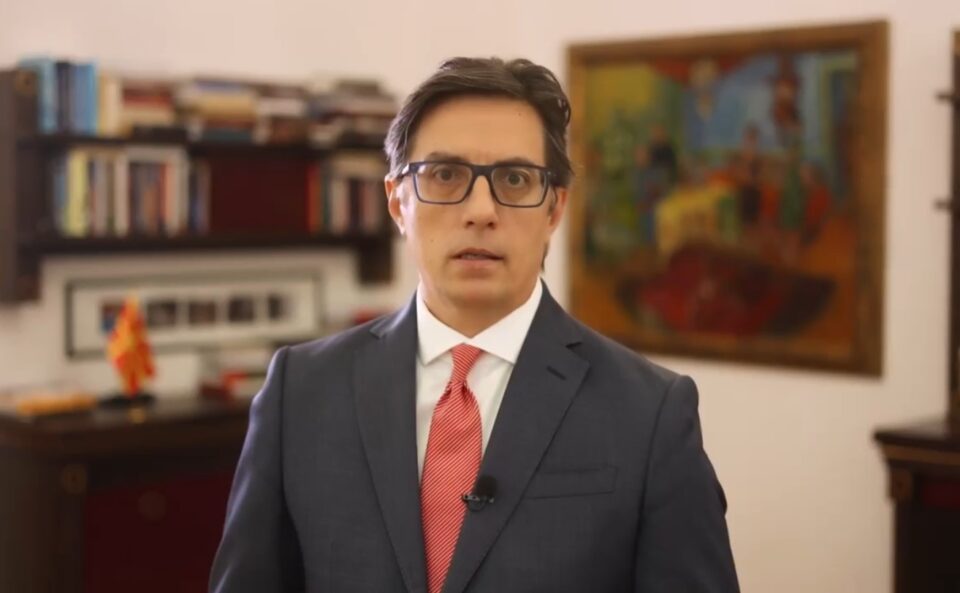Security issues have always been an important topic, and the Russian aggression in Ukraine is currently the most prevalent security issue that produced a tectonic shift in the stability of the European continent, at a time when we thought that we have entered a period of long-term peace and stability after the fall of the Berlin Wall, says President Stevo Pendarovski.
Already in 2014, after the annexation of Crimea, it was clear that there are important challenges ahead of the European security architecture, but, in reality, no one expected direct military aggression against an independent and sovereign country, which has not been seen since the end of the second world war. We condemned the Russian aggression against Ukraine and gave full support to the Ukrainian people in defense of their independence which included not only political but also concrete technical assistance and military equipment. Compared to our capacities and size, we belong to the group of countries that have most helped Ukraine in its just defense against aggression. We did that not only because we are a member of NATO, but because we believe in the principles of international law, which does not allow military aggression by one country against another, said Pendarovski.
According to him, the war in Ukraine brought a number of challenges in many fields that the world, and especially Europe, have to face. The biggest challenge is and will still be, he says, the energy crisis, then the security challenges from third parties or so-called malignant actors who wish for destabilization of the Balkans, but also the growth of inflation, misinformation, and populist rhetoric that are being amplified using the visible stagnation in the European integration of the Western Balkans.
As for our path to Europe, with the major diplomatic compromises we have made in the past few years, we have shown that we are serious about realizing our second strategic goal. As a country, we are ready to fulfill all European criteria, and at the same time we have clear expectations that our work will be really valued by Brussels. I am talking about the European perspectives of the region for the simple reason that I have never believed that long-term stability of the region is possible without becoming part of the United Europe project. The stagnation in that sense that I am talking about, and which I have always argued is not good for us, is already being filled by third parties and, unfortunately, according to all relevant research, Euroscepticism is on the rise, as well as the popularity of autocratic leaders and populist values, says the head of state.
He pointed out that after the aggression against Ukraine; it is clearer to many how important the Euro-Atlantic perspective is, and he underlined that it is extremely important that this strengthened cohesion and the interest of the European Union in the region continue after the end of the Russian aggression against Ukraine as soon as possible.




Comments are closed for this post.